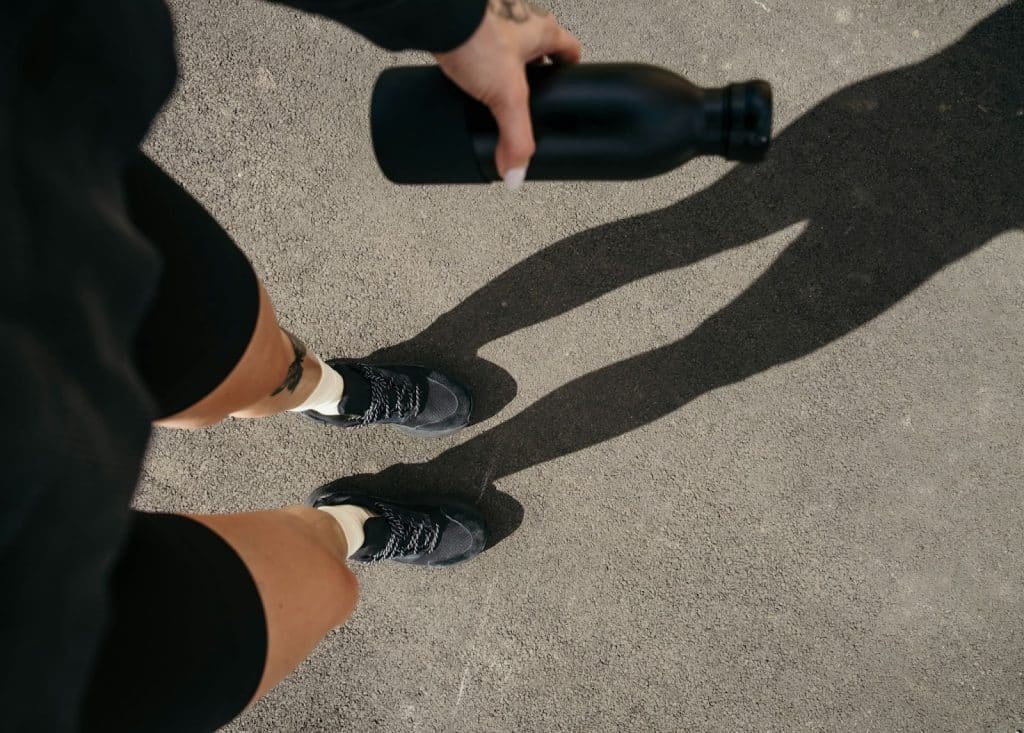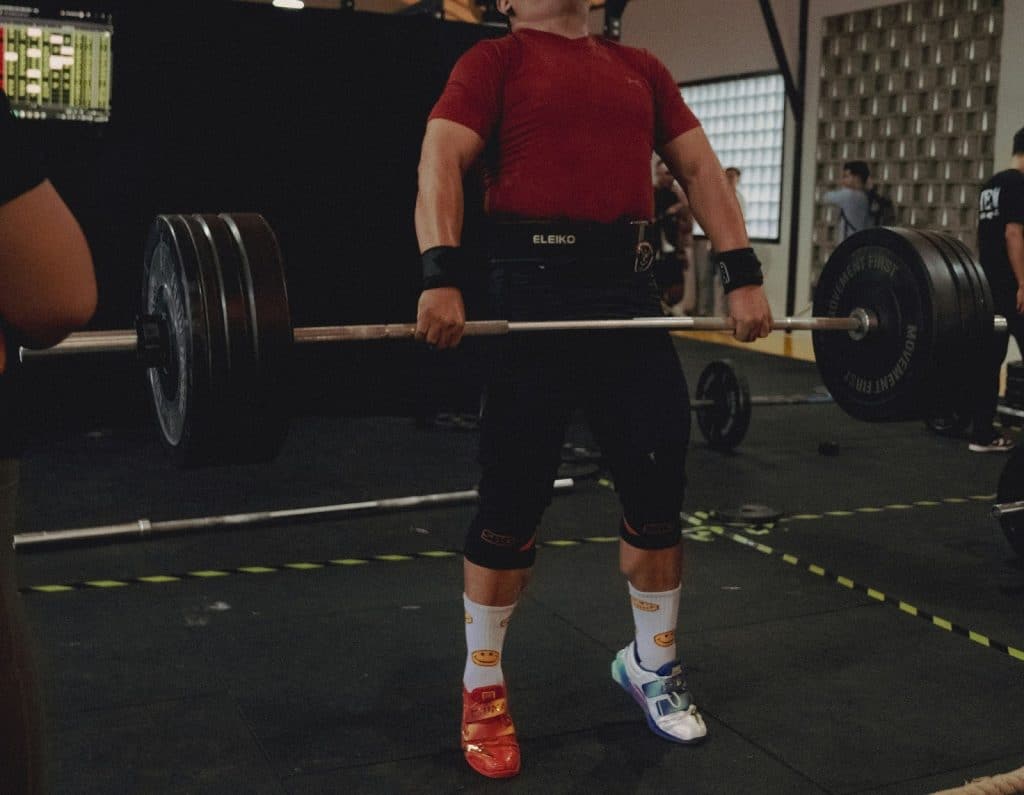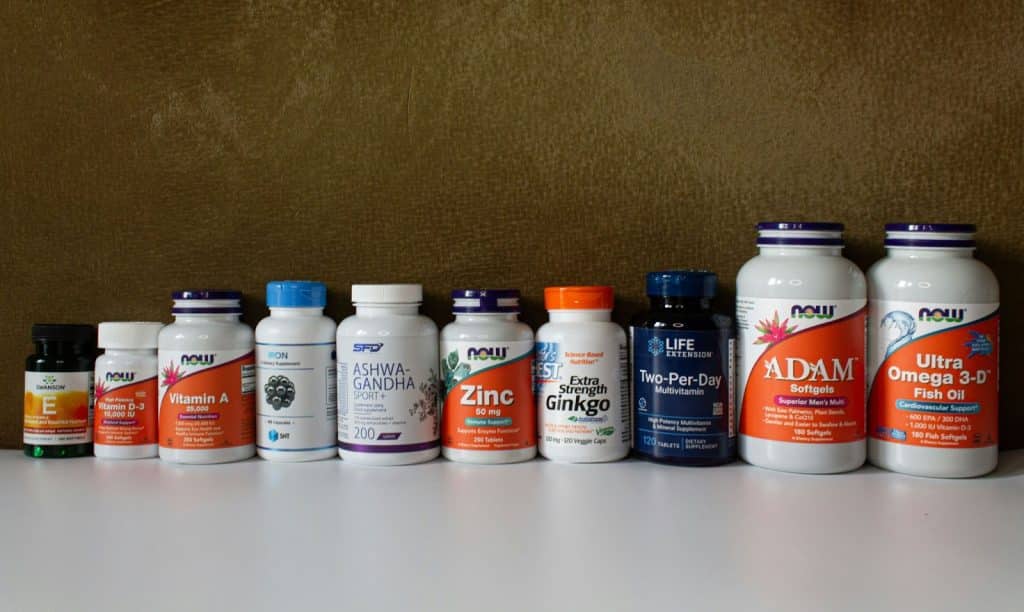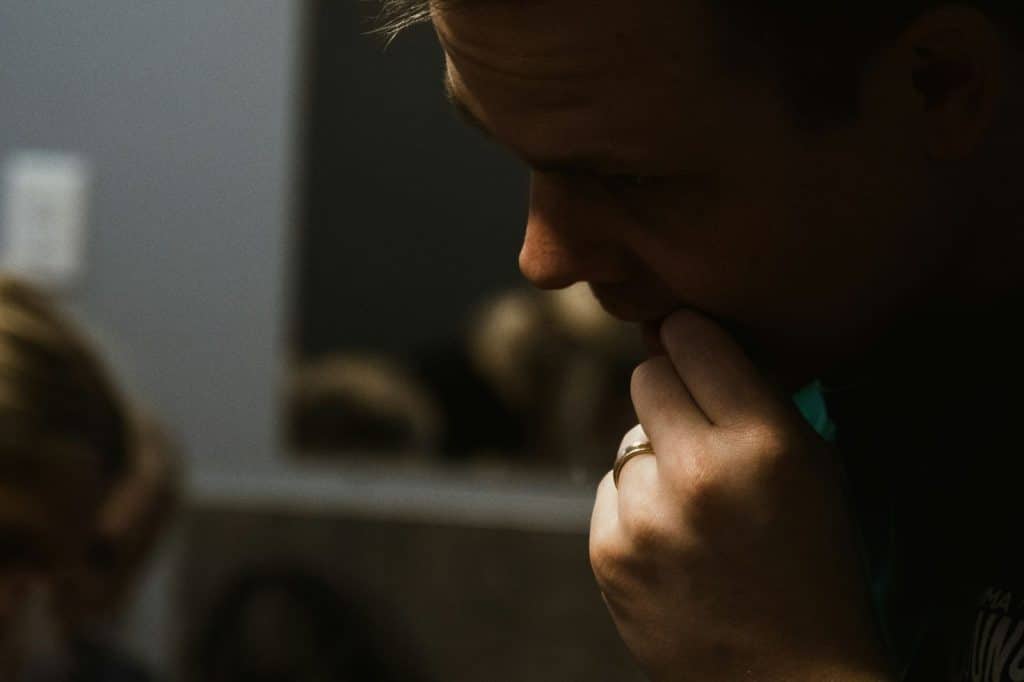
Pushing through soreness might feel tough, but ignoring recovery leads to more harm than progress. Men often power through pain, mistaking it for a badge of honour. But poor recovery habits can sabotage performance and prolong discomfort. Understanding the small missteps in your routine is the first step toward healing smarter. This guide breaks down where things go wrong, and how to fix them.
Skipping the Cooldown

Going straight from intense lifting to the locker room cuts recovery short. A proper cooldown helps regulate blood flow, flush lactic acid, and transition your body out of high-stress mode. Skipping this step can leave muscles tight and sore for longer. A few minutes of light cardio and mobility work post-workout can make a major difference. It’s the reset button your body needs but rarely gets.
Not Sleeping Enough

Sleep is where most of your actual recovery happens. Growth hormone is released during deep sleep, repairing torn muscle fibers and reducing inflammation. Without 7 – 9 hours of quality sleep, you’re robbing your body of its most critical recovery tool. Waking up stiff and groggy isn’t just age, it’s poor sleep hygiene. Rest isn’t a luxury; it’s a performance enhancer.
Overtraining Without Rest Days

Working out hard every day without breaks might feel productive, but it can backfire. Overtraining leads to chronic soreness, decreased strength, and even injury. Muscles need rest to grow and rebuild. Recovery isn’t laziness, it’s how progress actually happens. A smart schedule includes intentional downtime.
Ignoring Micronutrients

Protein gets all the attention, but vitamins and minerals play a key role in recovery. Magnesium, potassium, and calcium help regulate muscle contraction and nerve function. Deficiencies can prolong soreness and increase cramping. If your recovery feels off despite proper training, nutrition might be the missing link. Whole foods, not just supplements, make a difference.
Underestimating Hydration

Even mild dehydration slows recovery and increases the risk of injury. Water helps flush out toxins, transports nutrients, and keeps tissues elastic. Thirst isn’t a reliable indicator, by the time you feel it, your body’s already behind. Aim to hydrate consistently throughout the day, not just post-workout. Your muscles perform better when your cells are fully charged.
Stretching the Wrong Way

Static stretching right after a workout might not help as much as you think. Dynamic movement and foam rolling often do more to reduce stiffness and improve circulation. Stretching cold muscles too aggressively can even lead to microtears. Recovery isn’t just about doing more, it’s about doing what works.
Relying Only on Supplements

Supplements can help, but they shouldn’t be your main strategy. No powder or pill can replace sleep, hydration, and whole foods. Some men chase recovery shortcuts without addressing foundational habits. Supplements should support, not substitute, the basics. Otherwise, you’re building on a weak foundation.
Not Listening to Pain

There’s a difference between normal soreness and injury. Pain that’s sharp, persistent, or worsens with movement needs attention. Ignoring warning signs often leads to worse outcomes. Recovery starts with awareness. Being in tune with your body isn’t soft, it’s smart.
Not Managing Stress

Chronic stress increases cortisol, which slows muscle repair and increases inflammation. If your recovery feels stalled, look beyond the gym. Work pressure, poor sleep, and emotional tension all take a toll. Recovery is a full-body process. Your nervous system plays just as big a role as your muscles.
Skipping Mobility Work

Tight hips, stiff ankles, and limited shoulder range aren’t just annoying, they’re barriers to effective training and recovery. Ignoring mobility work makes muscles more prone to strain and reduces overall performance. Five to ten minutes a day of targeted movement can pay off massively. Mobility keeps the machine running smoothly.
Inconsistent Recovery Routine

Recovery isn’t something you do once in a while, it’s a habit. Jumping from ice baths one week to nothing the next creates inconsistency. Your body thrives on routine. Find what works, be it massage, stretching, or active recovery, and do it consistently. Recovery done right becomes part of your training, not an afterthought.
The Masculinity Trap

Many men grow up believing pain means progress and that rest is weakness. These beliefs keep recovery strategies underused and underappreciated. Rethinking what toughness looks like can transform how you approach healing. You don’t need to earn your rest, you just need to respect your body.
Why Recovery Deserves Respect

Recovery isn’t glamorous, but it’s essential. It’s what turns hard work into real results. Skipping it delays gains and invites injury. Respecting recovery is respecting the process. Every smart athlete knows this is where growth actually happens.
A Smarter Way Forward

Optimising recovery doesn’t require major life changes, just better habits. Small tweaks like sleeping more, hydrating better, and listening to your body go a long way. Recovery isn’t weakness; it’s the secret weapon most men overlook. Training harder works better when you’re recovering smarter.






Ask Me Anything